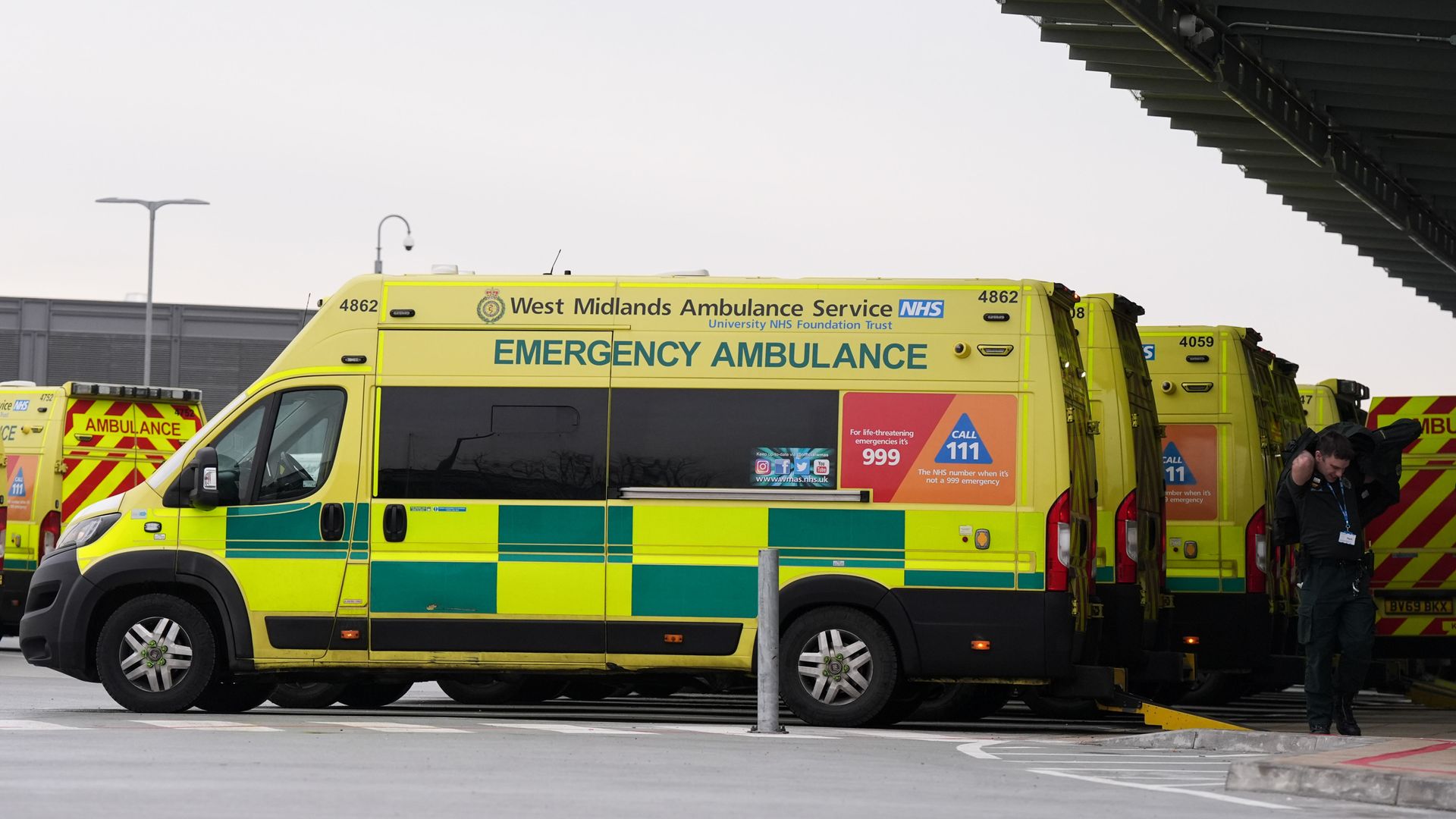If your local NHS hospital declaring a critical incident sounds concerning and extreme, it’s intended to.
It’s a clear message that demand has outstripped capacity and that patients will likely face long waits if they attend, especially if their condition is not considered critical.
A lack of space means there will likely be restrictions on the number of people who can accompany you, and you may be asked to wear a mask for infection control.
Critical incidents allow a hospital to prioritise staff, money and attention towards the emergency department at the expense of other services like elective operations and appointments.
More money is spent on agency and bank staff, holidays are cancelled, as is important study time for doctors, and senior clinicians are taken off wards and sent to A&E to find patients who need immediate care.
One emergency department consultant told Sky News this process alone was “like looking for a needle in a haystack”.
Corridor care has become the norm
Since the pandemic, the NHS has been stretched. The annual winter crisis is no longer followed by a summer reprieve, and for hospitals that has made highlighting times of extreme pressure harder.
An NHS leader told me that just three years ago, three patients receiving corridor care was considered a major issue but at times last week their trust had almost 40 – what was once a rare exception has become the norm.
Each of their wards has four more patients than normal to make more space in A&E.
That is partly why there is such inconsistency in the reporting of critical incidents.
A senior NHS figure said that the decision is taken on a trust-by-trust basis and comes down to a mix of human factors and local context.
They warned there are only so many times staff and patients can be put on an emergency footing before it stops becoming exceptional. People get worn down and the message loses its impact.
Please use Chrome browser for a more accessible video player
Not just ‘critical incident’ hospitals under pressure
On Wednesday morning, the average wait at Gloucester Royal Hospital emergency department reached 16 hours.
Elsewhere, York Hospital has asked anyone attending to arrive alone unless they are taking a child or need a carer.
Neither hospital at the time of reporting has declared a critical incident despite these positions being more extreme than others who have.
Read more:
PM shares healthcare partnership to cut NHS waiting times
What is the ‘quad-demic’ and how can you protect yourself?
Be the first to get Breaking News
Install the Sky News app for free
One health leader advised that a key factor is what the trust itself is used to.
An emergency department with a better performance record will have a lower threshold than a historically poorer performing trust because they’re more used to running a better service and less accustomed to working in a difficult and overcrowded A&E.
Another variable is how often historically hospitals have declared critical incidents – if they continue for a long period of time then they might lose impact.
An NHS trust might think it should declare a critical incident, but if it has had one recently, it may decide it isn’t worth it.
Follow our channel and never miss an update
‘Huge mistake’ to think flu is totally to blame
Dr Adrian Boyle, president of the Royal College of Emergency Medicine, said: “I think there is a pragmatic decision to be made by senior managers in a hospital whether actually calling a critical incident is going to alleviate the situation and that sometimes can be quite a difficult decision, but requires local knowledge.”
Dr Boyle added emergency care is now unrecognisable from a decade ago.
“In 2015, 12-hour stays in emergency departments were almost unheard of,” he said. “Last year we had over a million of them and yet we seem to have just accepted that.
“I think it’d be a huge mistake just to think that this is all about flu and winter viruses, the best way of looking at respiratory viruses is a straw that is breaking the camel’s back.”
Health secretary Wes Streeting has said he is “distressed and ashamed” at the experiences NHS patients are facing.
On Monday, the government announced its plans to reform the 7.5 million-long elective care waiting list but we may have to wait until May before we see how it plans to rescue emergency care.
That’s when the prime minister has promised the “biggest reimagining” of the NHS since it was formed.






